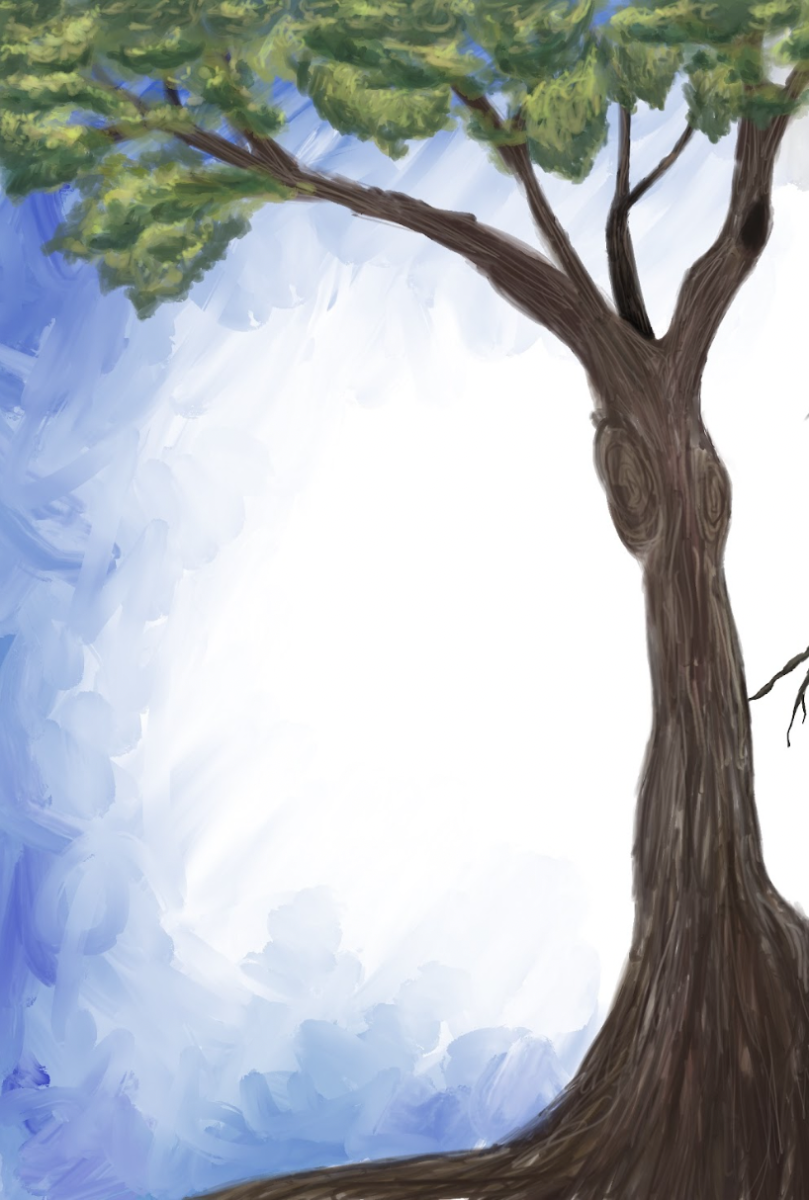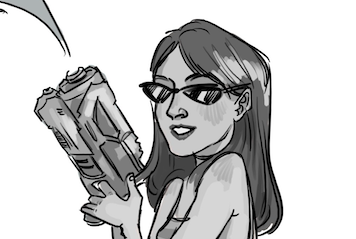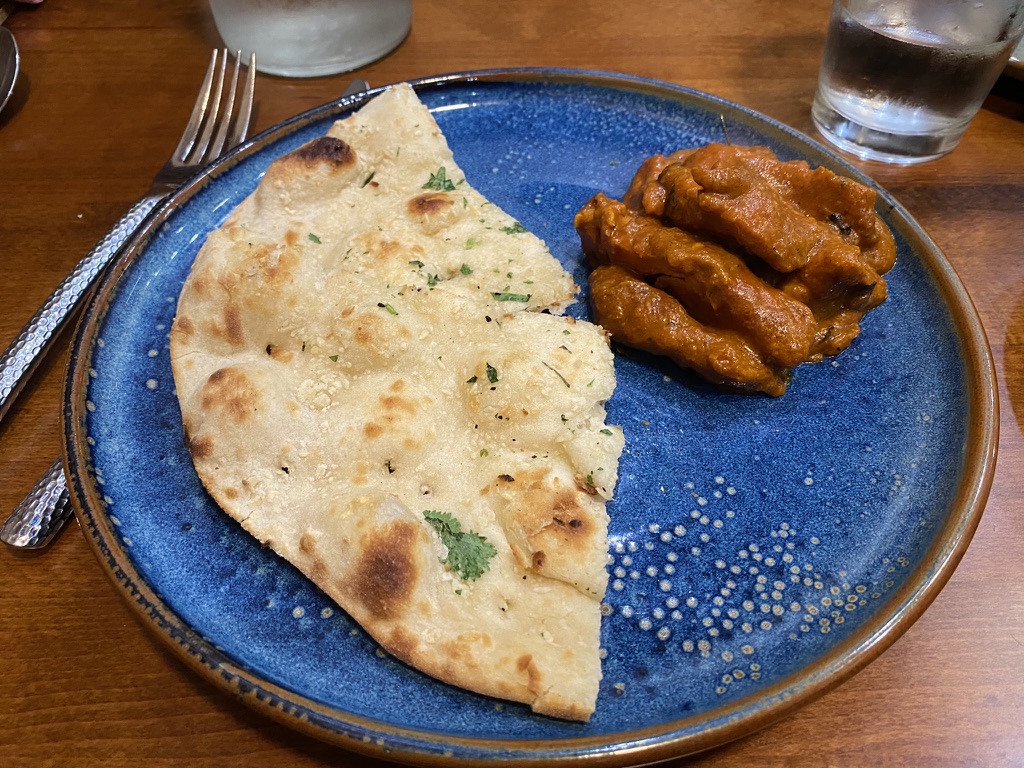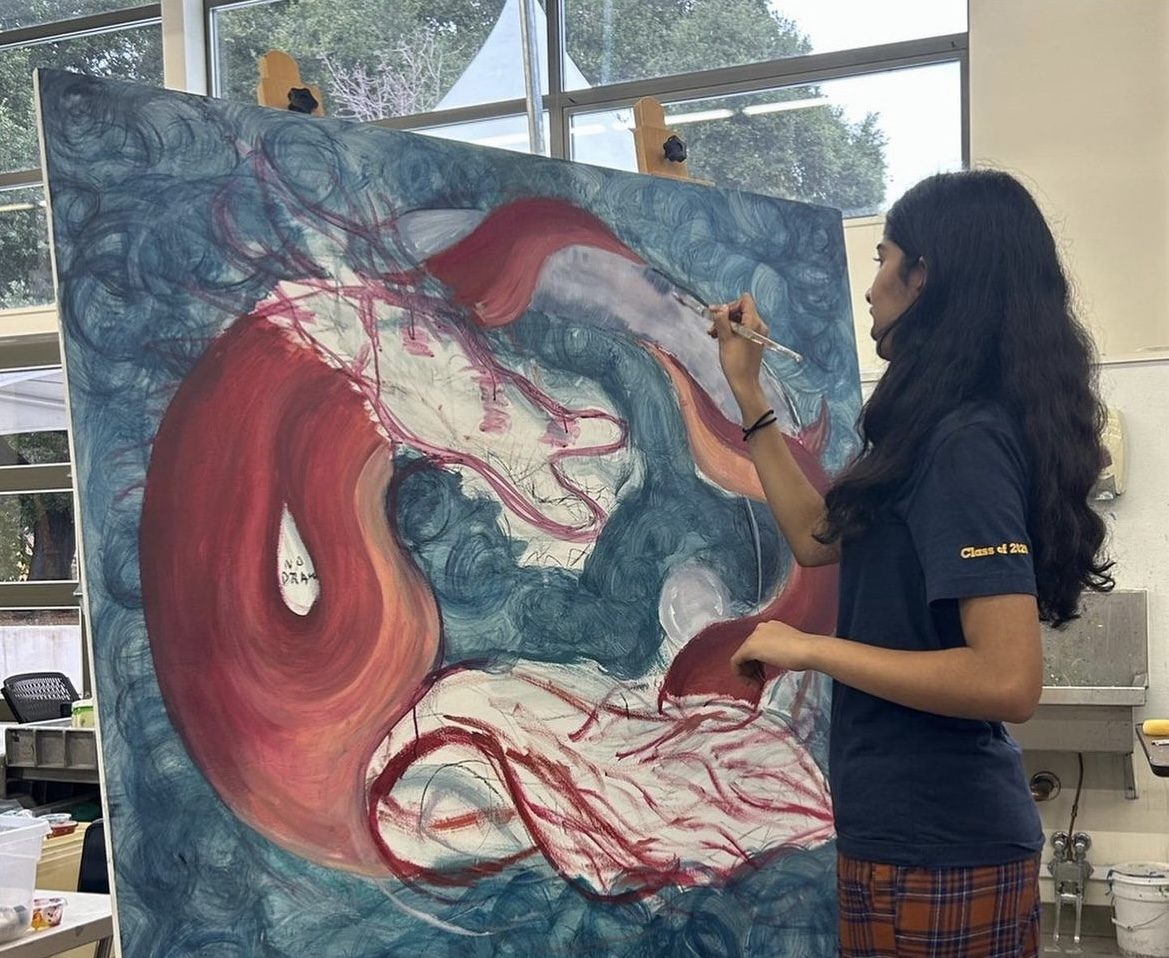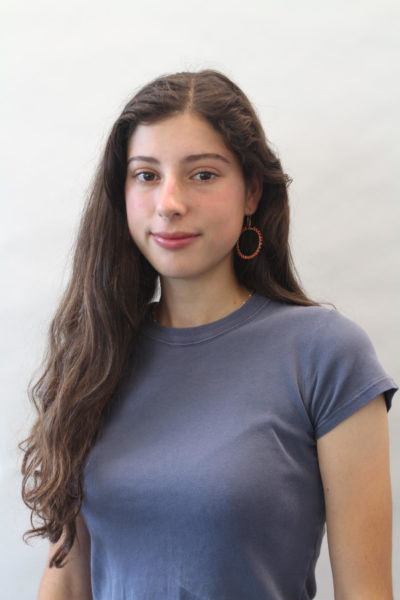The Menlo community offers a medley of sustainability-related clubs and classes that spark the interest of many students. From the Menlo Garden Club to Sustainable Earth Engineering, students can contribute to a more environmentally friendly campus in a variety of ways.
The Menlo Beekeeping Club strives to educate the Menlo community about the importance of bees in the ecosystem. “[The bee is] a really cool, complex animal that we get to be around,” club leader and senior Katie Durban said.
The club sells its own honey and beeswax products at a sale twice a year and uses the proceeds to improve its hives. However, a loss of three out of their four bee hives caused the club to outsource honey production last year. “Around 50% of your hives will die out every season,” club leader and senior Sarah Glodek said. “We just weren’t expecting three of them to die out at the same time.”
Despite these losses, the club currently has four hives after a donor gave them two new hives. Club leaders learned how to install the new hives on their own and now continue to maintain them. “Menlo is very supportive of the Bee[keeping] Club,” Durban said. “We have hives in Mr. Healy’s yard.” The Beekeeping Club also works with the Garden Club, which planted a garden next to their beehives.
The Garden Club consists of a tight-knit group of mostly seniors and juniors. The abundant garden — which fosters an assortment of fruits and vegetables — is tucked behind the athletics facilities.
The Garden Club is in the process of creating a food forest, or an ecosystem of different types of plants that all help to produce food. “Everything really balances itself out,” junior club member Ruiqi Liu said. “There is a lot of biodiversity, which is really good for the garden.”
Garden Club leader Arthi Abhyanker is also adding soil sensors in the garden that will gauge how much water a plant needs to help conserve water. The club even gives extra vegetables and fruits to the Menlo kitchen.
While the Garden Club promotes sustainable practices in agriculture, it also serves as a break from the academic world at Menlo. “It’s just a nice place to be and have a community,” Abhyanker said.
Through the new Surfrider club, sophomores Savannah Smith and Julia Axelrod aim to reduce the usage of single-use plastics on campus, host ocean cleanups and test the water quality in the bay. Their club was made in partnership with the San Mateo Chapter of the Surfrider Foundation, dedicated to protecting the world’s oceans.
Axelrod hopes that these initiatives will encourage students to contribute to a more sustainable campus, even if it is only through picking up trash or carpooling. “It’s rewarding,” Axelrod said. “You feel good after helping the environment.”
The Climate Coalition club, which organizes Eco Act Week and the annual clothing swap event, also hopes to implement a more sustainable system for trash by making reusable cups, utensils and plates more convenient. The club used to focus on one specific project during the first semester, such as aiding in the electrification of Caltrain, but they have shifted most of their efforts to help plan Menlo’s Eco Act Week.
Students also use the skills built in the classroom to kickstart initiatives on campus. “A lot of my Garden Club and Climate Coalition students have come from my Environmental Science class,” Environmental Science teacher Chrissy Orangio said.
The Environmental Science class covers ecology, food systems and environmental justice, among other topics. Orangio assigns a project at the end of the year where students are able to apply their knowledge to solve a problem on campus related to the environment. During the 2020-21 school year, Environmental Science students created the middle school garden. “Environmental Science students learn how to apply their learning to sustainability initiatives on campus,” Orangio said.
The Sustainable Earth Engineering course provides students with another opportunity to tackle issues related to the climate and develop solutions in a hands-on environment. Students are currently building solar-powered boats that will collect plastic garbage in a pool as they study pollution and plastic in the ocean. “Obviously we’re not going to build the huge solutions, but they’ll build the model versions that they can then hopefully take with them when they get in the real world and apply it on a larger scale,” Sustainable Earth Engineering teacher James Dann said.
Dann hopes to inspire his students to take on leadership roles in the future and empower them to solve problems. “I’m hoping that they come out of the class with an idea of ‘We can do something,’ and not just ‘we’ as in someone else, but like, ‘I can do something,’” Dann said.
When a group of students expressed interest in advocating for climate action, Dann took them on a class field trip where they protested at the United Nations Plaza in San Francisco along with thousands of other people. “I see a lot of passion about doing the right thing, about making the world better, about fixing the problems that previous generations, mine included, have caused,” Dann said.
While Modern Political Rhetoric is a history elective, students examine the modern environmental movement from 1969 to the present to put a human face to the mission.
Modern Political Rhetoric teacher Matthew Nelson notes that climate change is often either too politicized or too scientific. “Our historical thinking about [climate change] has really served to stymie our progress as an American people in trying to come to a conclusion that this isn’t political,” Nelson said. “It’s not about left versus right. It’s really about our survival and about caring for all of nature.”


